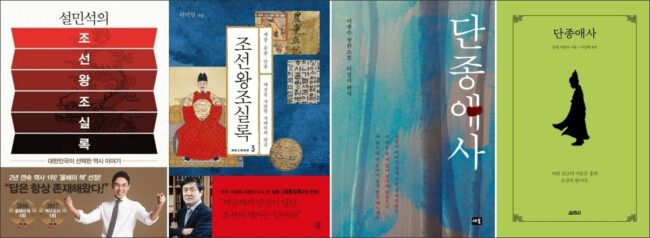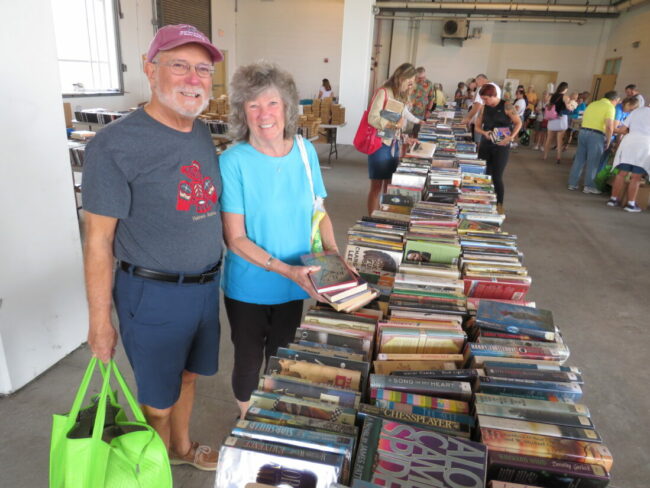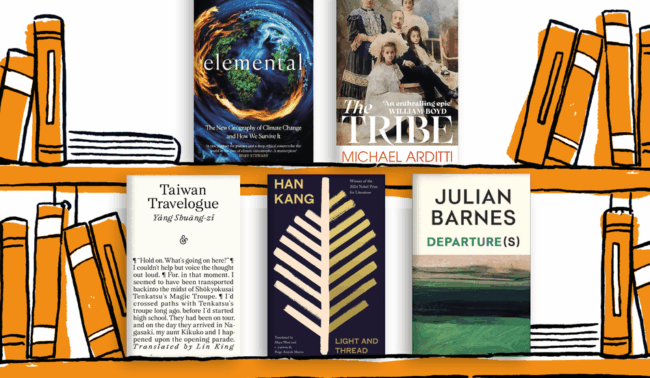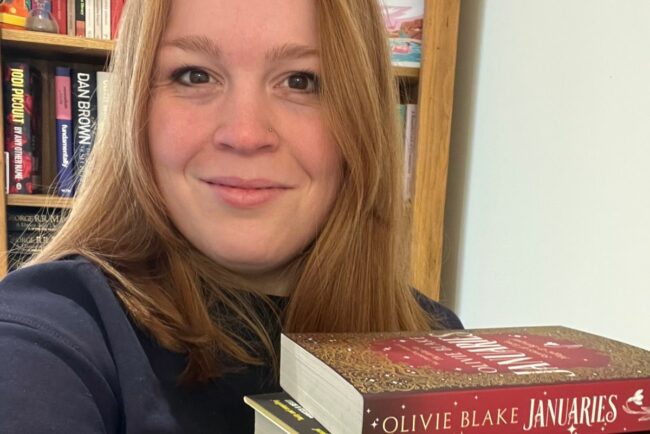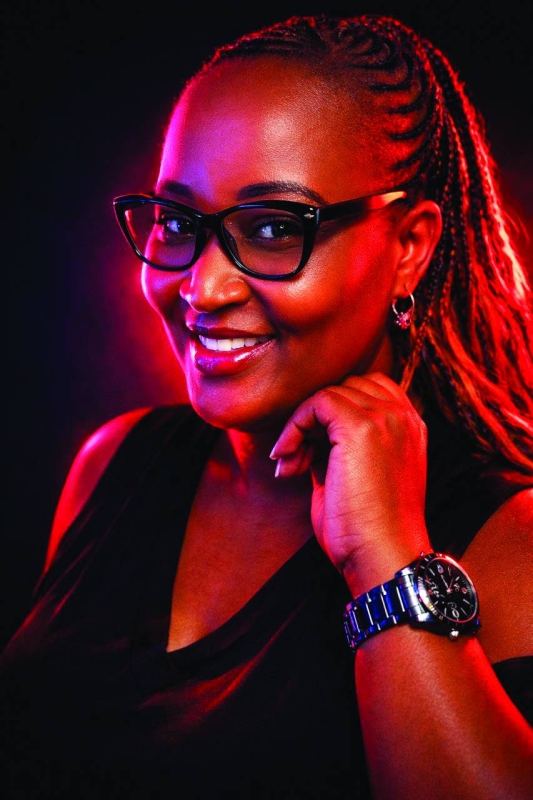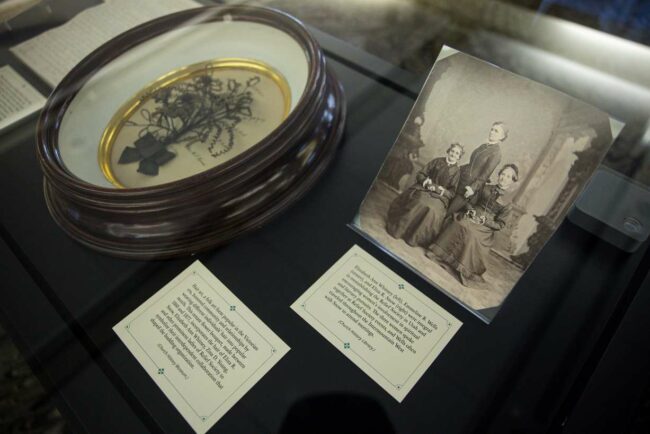Joseon history book sales skyrocket on ‘The King’s Warden’ box office success
… to Kyobo Book Centre on Wednedsay, sales of books with the … is being republished by multiple publishers. The historical novel was … Following the film’s release, publisher Saeum issued a new edition … of Danjong,” while other publishers Yolimwon and The Story are …

